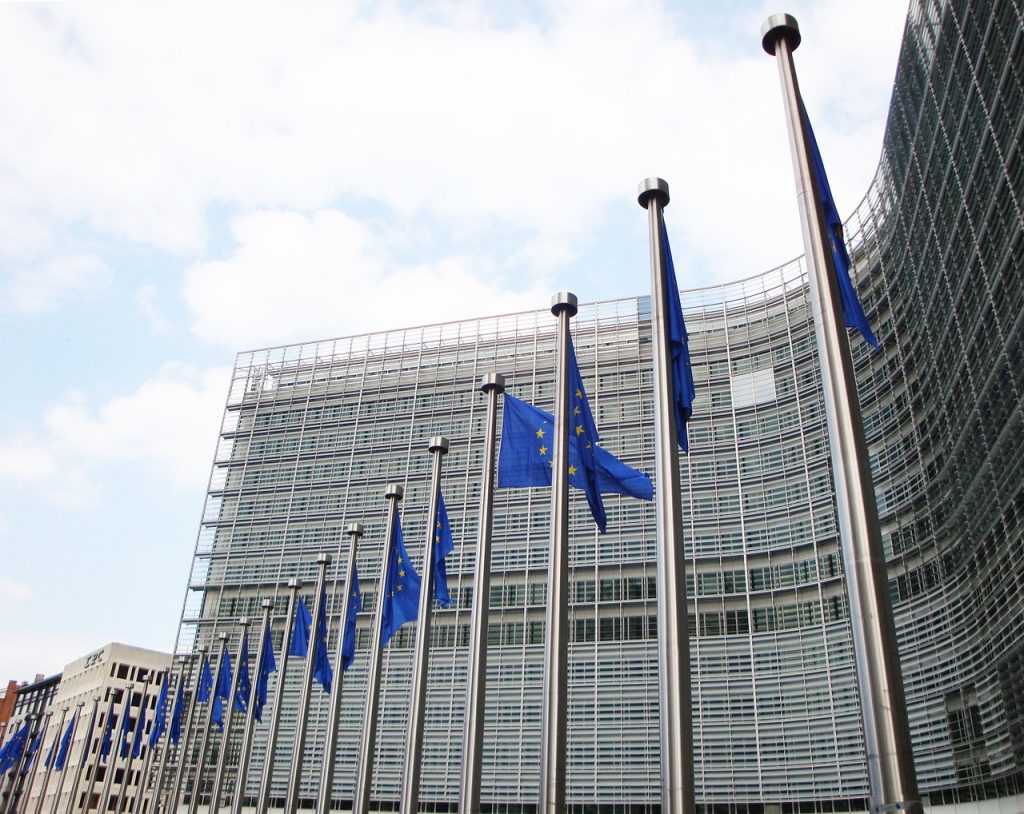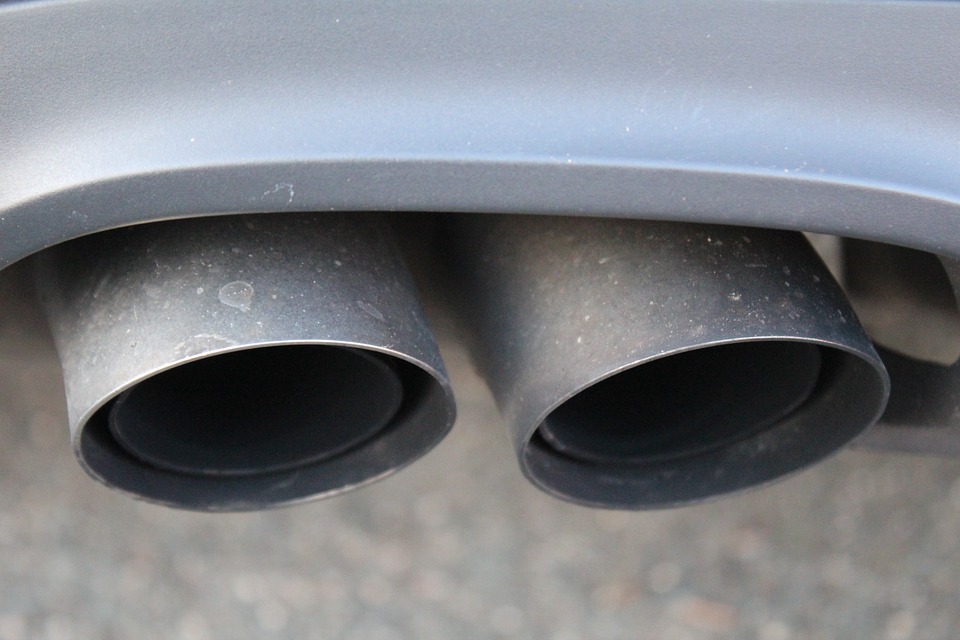Ireland making limited progress in decarbonising economy, says Commission

May 25th, 2018
A European Commission analysis has found that Ireland has made limited progress in decarbonising large parts of the economy and will not meet its 2020 climate goals with its existing mitigation efforts.
The Commission’s Country Report of Ireland for 2018 states that additional efforts are needed if Ireland is to hit its climate goals.
Irish emissions are expected to increase up to 2025, the report states, before stabilising at a level slightly below 2005 emissions with existing policies.
Ireland has to reduce its emissions by 20 per cent (compared to 2005 levels) in order to meet EU targets and could face large fines if it fails to reach this goal.
The report states that we have made limited progress in decarbonising key parts of the economy, such as agriculture, road transport and the residential sector.
Agriculture and waste disposal account for 34 per cent of Ireland’s greenhouse gas emissions, the report states.
The National Mitigation Plan, which lists plans to decarbonise several areas in the Irish economy, was criticised in the Commission’s Report as offering “few specific new mitigation measures”.

European Commission Photo: Jai79/Pixabay
The Plan has been widely criticised by environmental NGOs, academics, and the chairman of the State’s Climate Change Advisory Committee since it was brought into effect in 2017.
The report “lays bare” Government “inaction” to tackle climate change, according to Green Party leader Eamon Ryan, TD.
Mr Ryan said that Ireland is failing to make progress “decarbonising the economy” and could face hundreds of millions in fines if we miss our targets.
“The European Commission is warning us of the extent to which we are failing and of the costs which this non-compliance will impose on our economy,” he said.
The report recommends reducing tax expenditure and broadening the tax base, which would “improve revenue stability in the face of economic volatility.”
Ireland has the potential to improve its tax system to support environmental objectives, the report states.

Exhaust Gases Car Exhaust Fumes Grey Exhaust Auto Photo: Max Pixel
A recent Economic and Social Research Institute study found that bringing the diesel levy in line with the rate of petrol could reduce Ireland’s emissions and bring in €500 million for the exchequer.
The report also mentions the importance of Ireland’s National Development Plan in reaching emission targets, stating that its “effective implementation” will play a “crucial role” in decarbonising the economy.
The Development Plan sets out the State’s plans to transition Ireland toward a “low-carbon and climate-resilient society” including agriculture projects creating smart grids and small-scale renewables for farms.
The Commission report says that the Plan will determine “the extent to which additional means are mobilised” for the decarbonisation of the power sector, the deployment of renewable energy sources and the improvement of public transport and energy efficiency.
Certain aspects of the Plan have been criticised by An Taisce, however, including issues around one-off rural housing, “uncritical endorsement” of dairy expansion and “unsustainable” road investment over public transport and cycling infrastructure.
[x_author title=”About the Author”]







